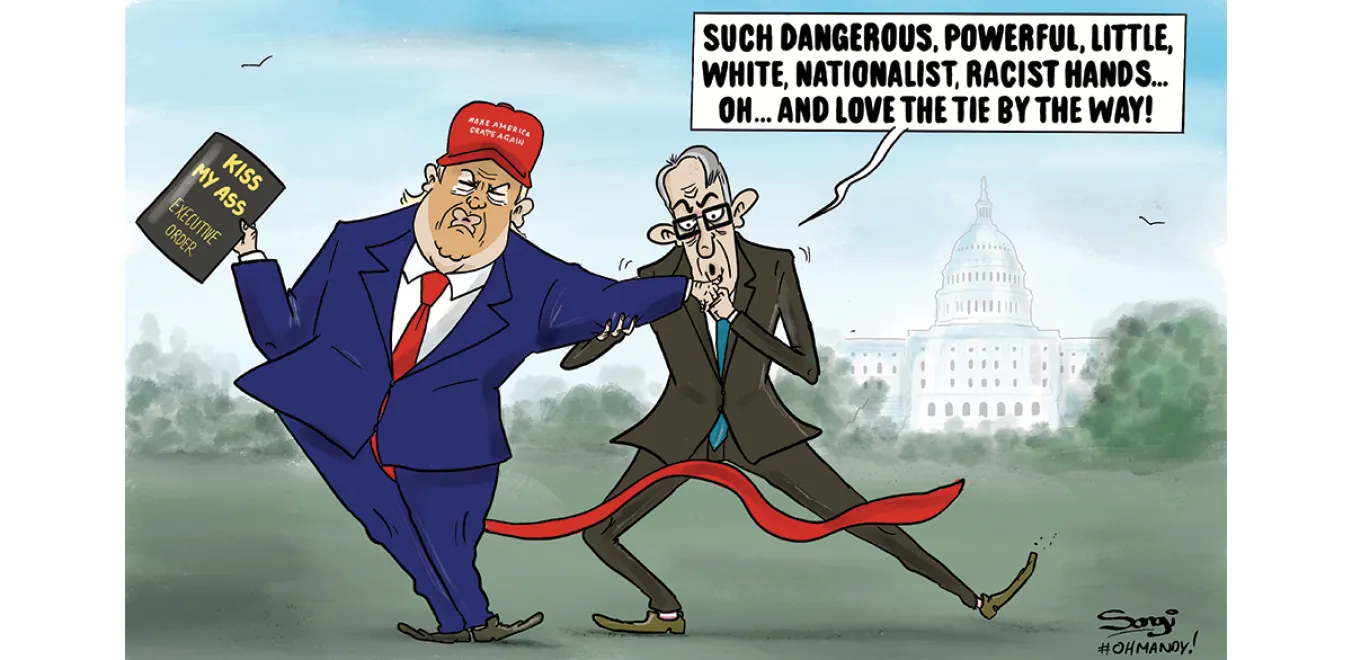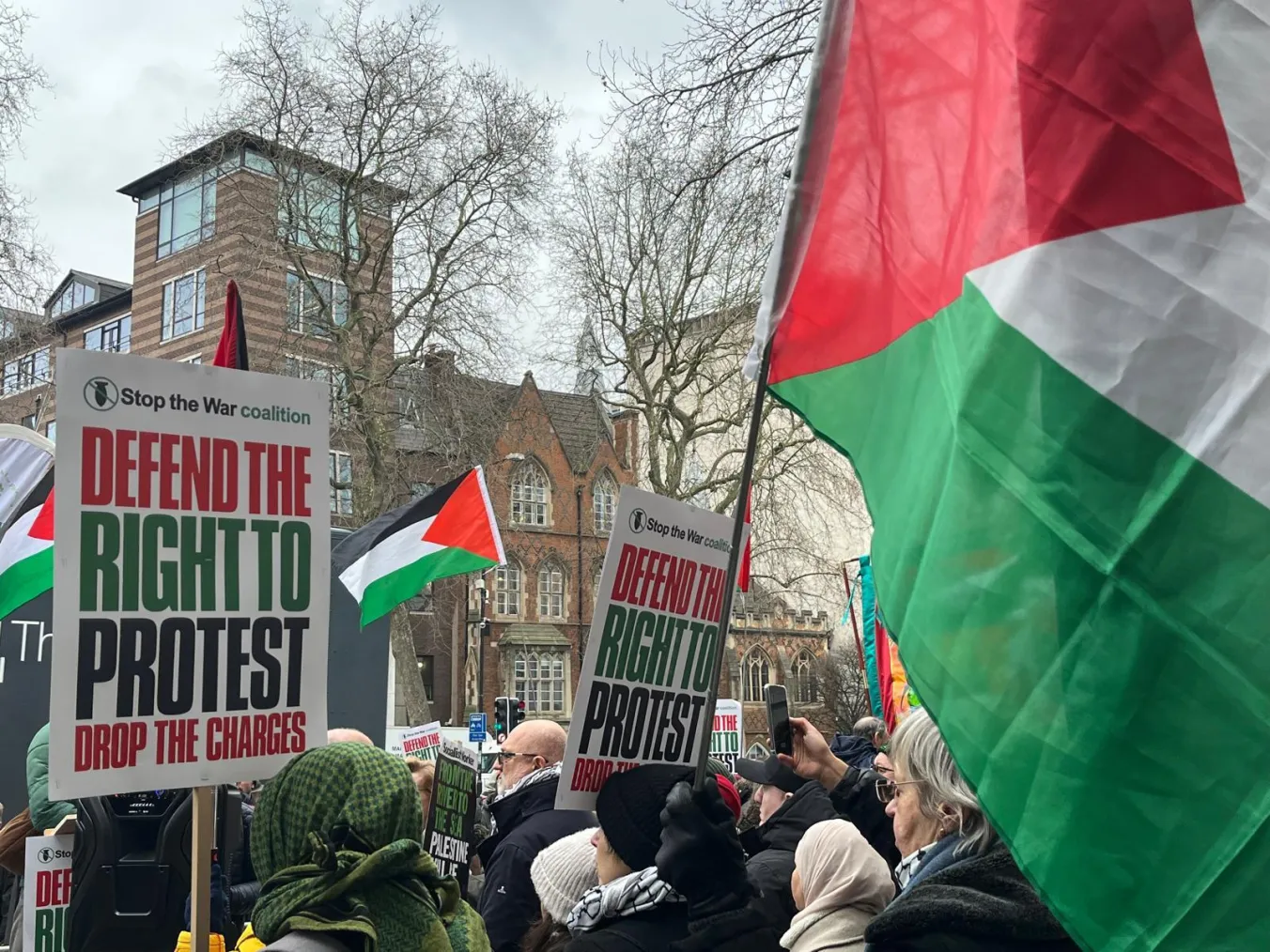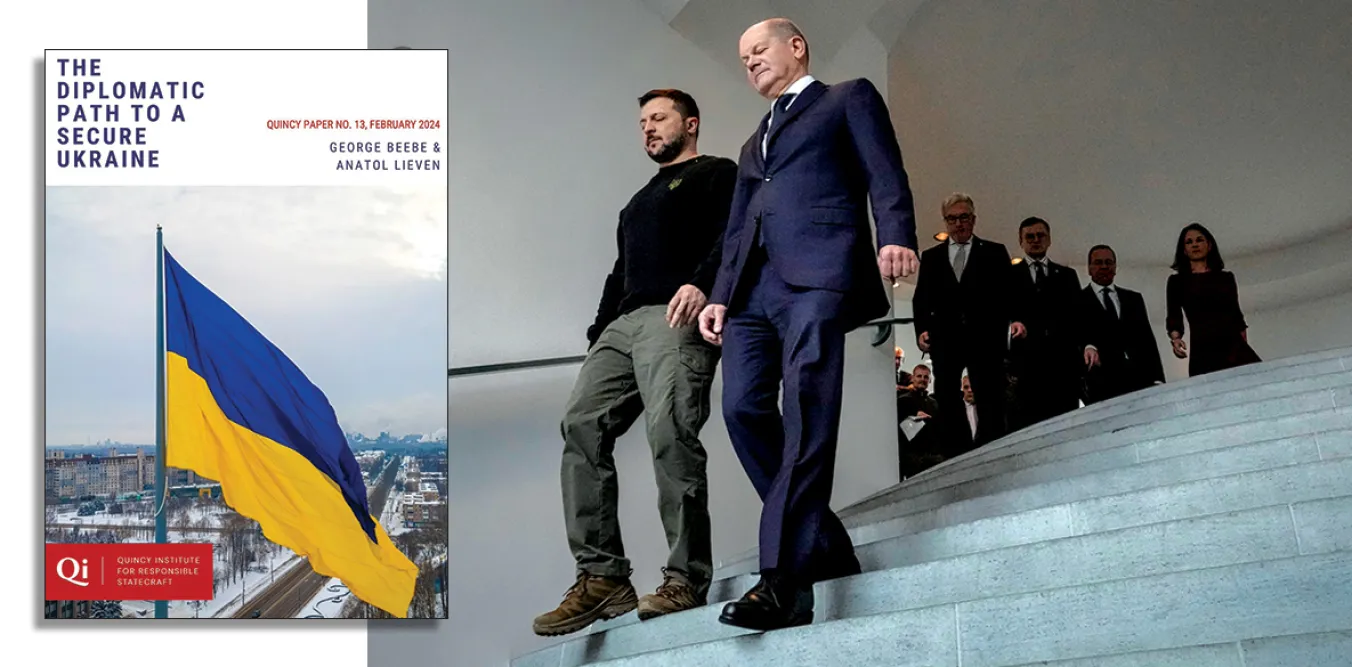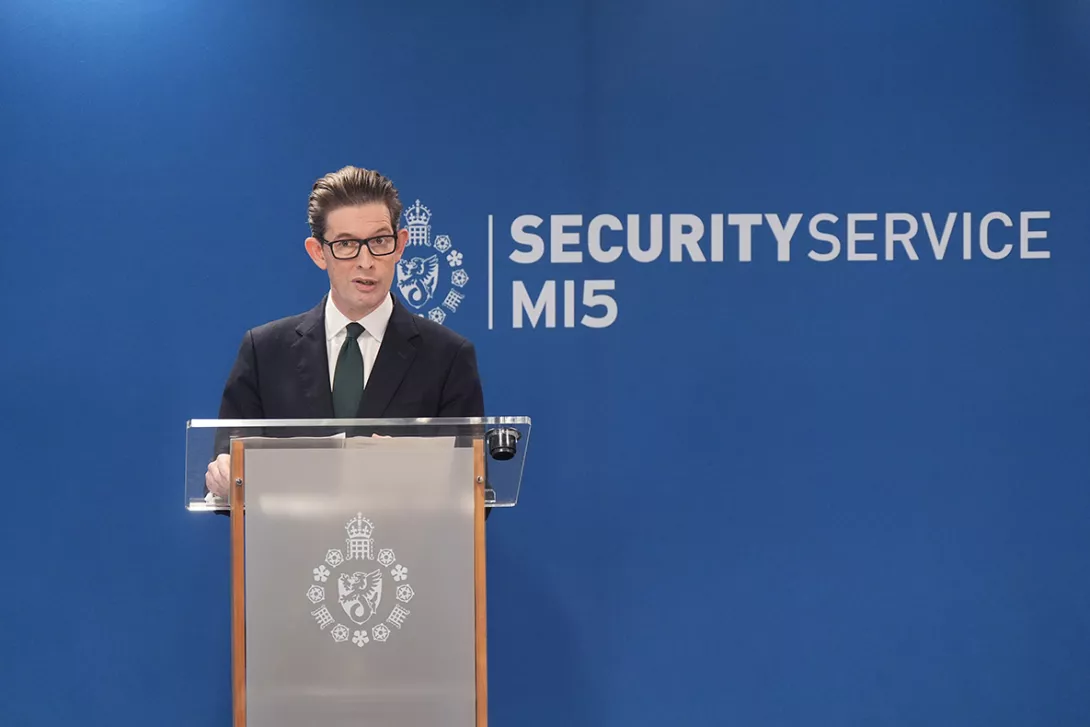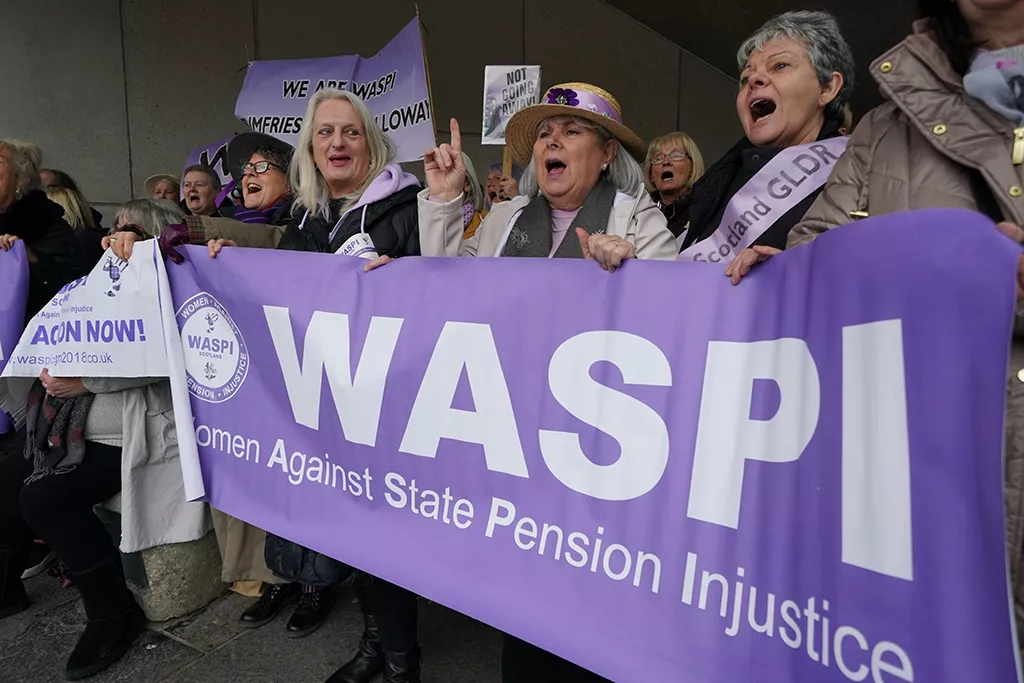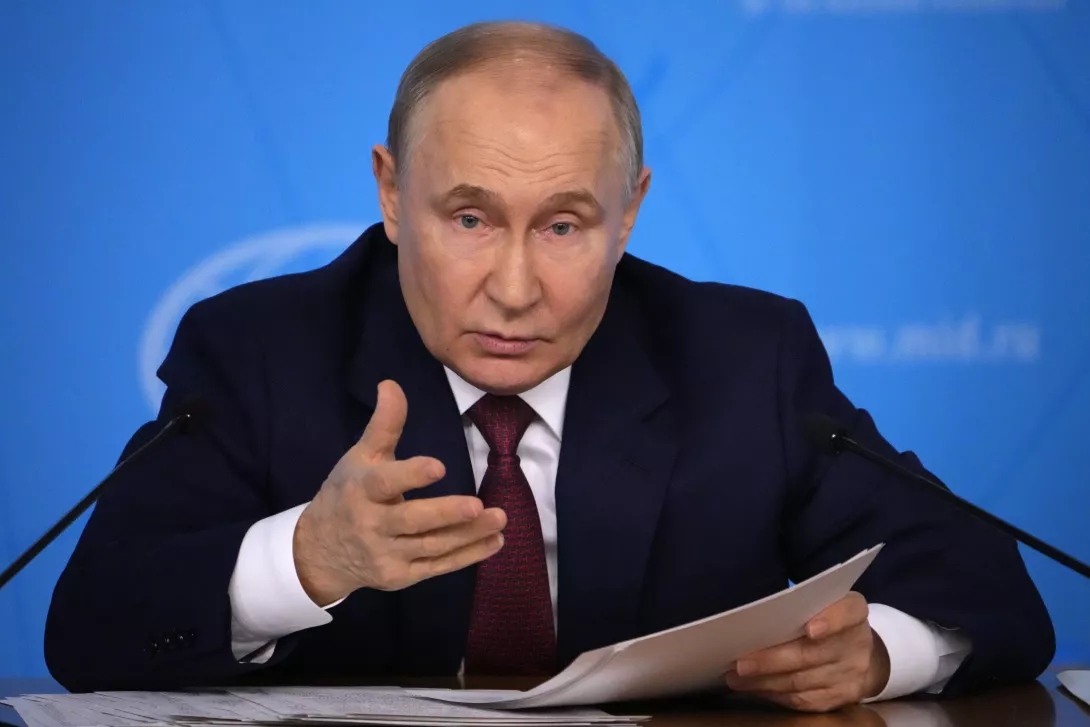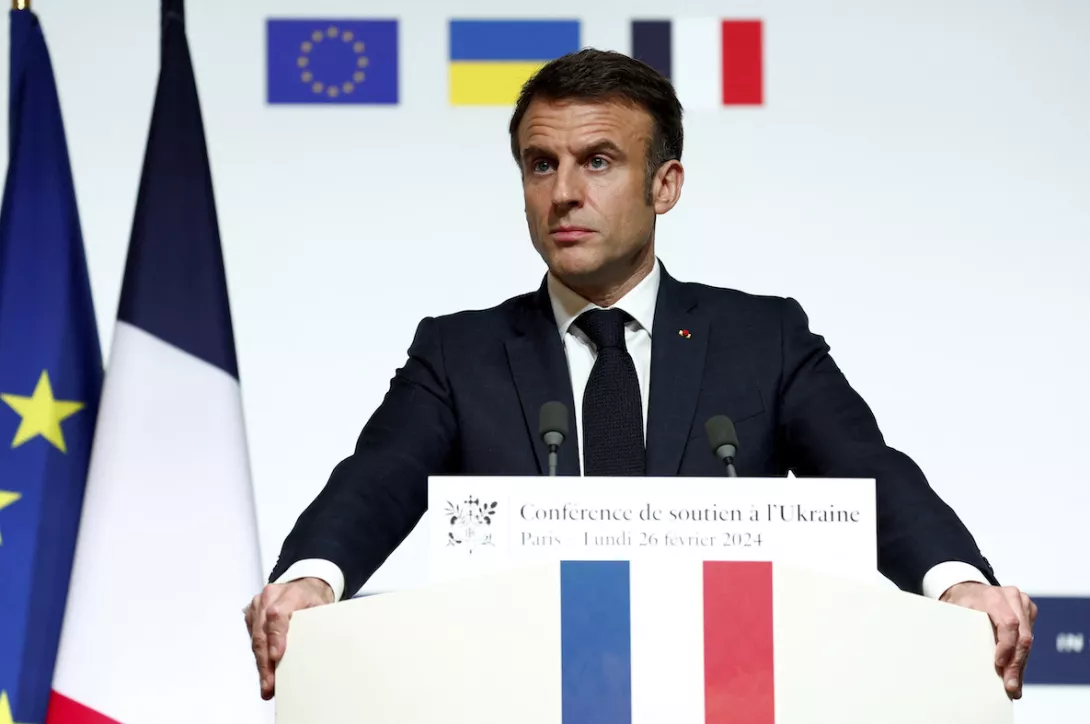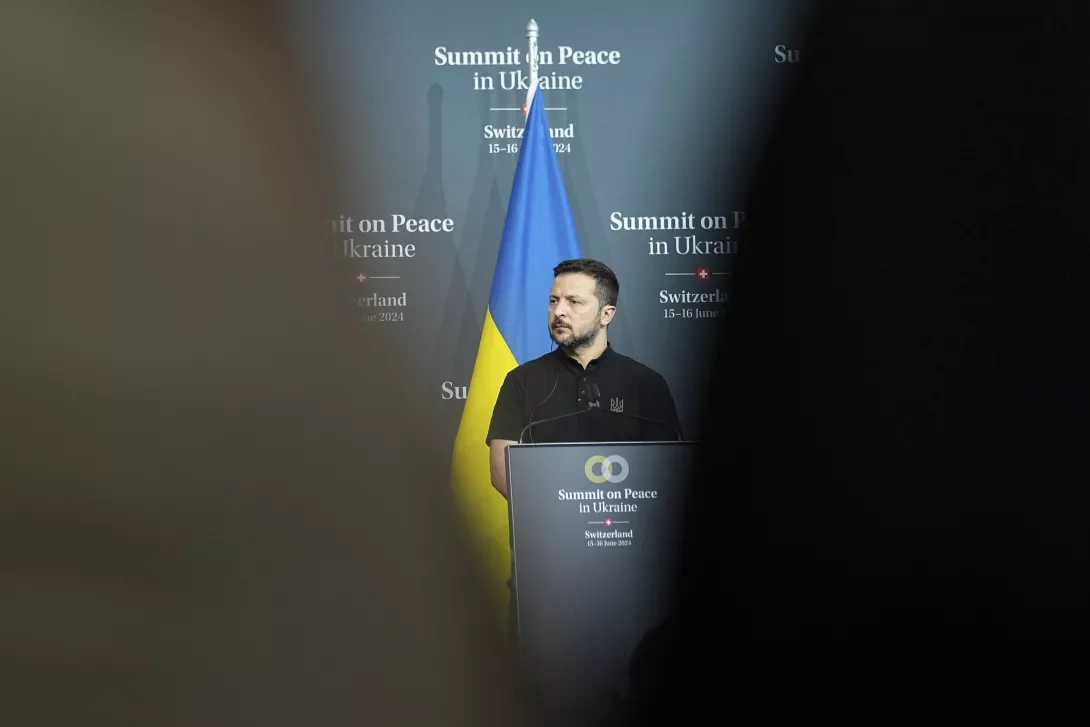
IT IS perhaps a modest step forward that peace proposals are at last being publicly floated to bring the conflict between Russia and Ukraine to an end.
President Vladimir Putin has revealed his plans, and a Swiss-hosted “peace conference” rubber-stamped the position of the Ukraine government and its Nato controllers.
Neither plan is in the least realistic, but then it is normal for parties to a conflict to start with maximalist negotiating positions. At this stage, the priority must be a ceasefire and getting into negotiations.
Russia’s position pivoted on two demands. One is the long-standing and understandable insistence that Ukraine abandon its bid for Nato membership.
It appears that Ukraine was willing to agree to this at an earlier stage of the conflict, before it was talked out of any deal by the US and British governments. Ukraine has in the meantime signed a bilateral security pact with the US, so its formal neutrality is already eroded.
The second Russian demand was that Ukraine withdraw from and recognise Russian control over four regions, over and above Crimea, which Russia annexed in 2014. An obvious problem here is that while Russian forces occupy almost all of Lugansk region, there are very large areas of Donetsk, Zaporizhzhia and Kherson, including the principal cities in the latter two regions, which it has not been able to secure militarily.
The idea that Ukraine would upfront agree to cede to Russia territory that it has defended successfully simply because Putin lays claim to it is a non-starter.
The Russian president probably never thought it would be accepted. However, it is worth noting that this demand falls short of some of the more extreme positions taken by some leading Russian politicians, which include the annexation of Odessa or even the liquidation of Ukrainian statehood altogether.
The proposals issued from the Geneva summit are not serious either. Indeed, the whole event was scarcely intended to advance peace, since Russia itself was not invited. China declined to attend and several states which did show up, including India, South Africa Indonesia, Mexico and Saudi Arabia, did not endorse its conclusions.
Those were the demands, articulated by Ukrainian President Volodymyr Zelensky, that peace talks could only follow a complete Russian withdrawal from Ukraine’s territory.
That is not going to happen. Ukraine has tried and failed to reconquer areas occupied since 2022 or 2014 militarily. The idea that Russia will now pack up and go home before peace talks even open is evidently absurd.
This diplomatic stand-off mirrors the military position. On land, the advantage has turned towards Russia this year. Ukraine’s ability to keep in the fight depends entirely on US support.
However, Russia has not proved able to strike a knock-out blow militarily so far. The dangers of the situation grow only more acute, with Washington recently approving the use of its weapons to strike targets within Russia itself and French President Emmanuel Macron calling for Nato troops to be directly deployed in Ukraine.
So peace proposals with a greater likelihood of forming a basis for talks are essential. Neither Putin nor Zelensky seem to countenance the idea of the peoples of the disputed regions themselves determining their future, after the return of refugees and when conditions for proper referenda can be created.
That is the democratic solution to the conflict. But it will also require Nato abandoning its proxy war objectives of degrading Russia and encircling China, which have prolonged the bloodshed.
The matter has scarcely been discussed during the British general election on account of the suffocating bipartisan bellicosity of the Establishment. It is past time it was.
